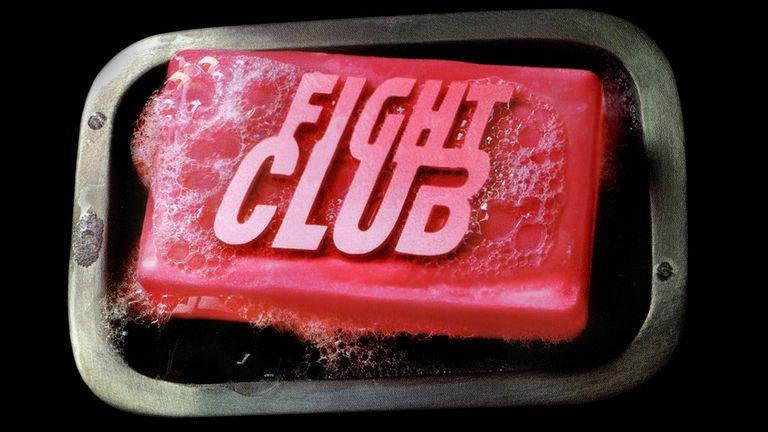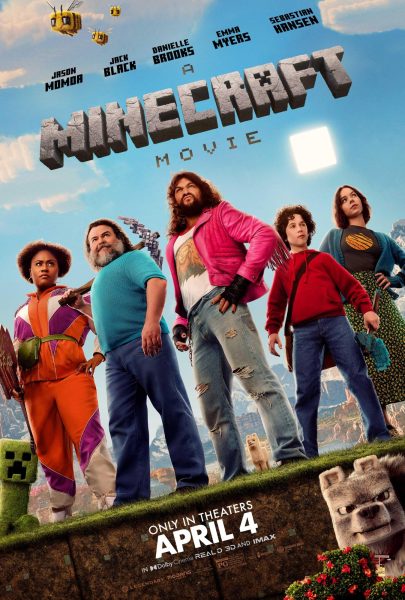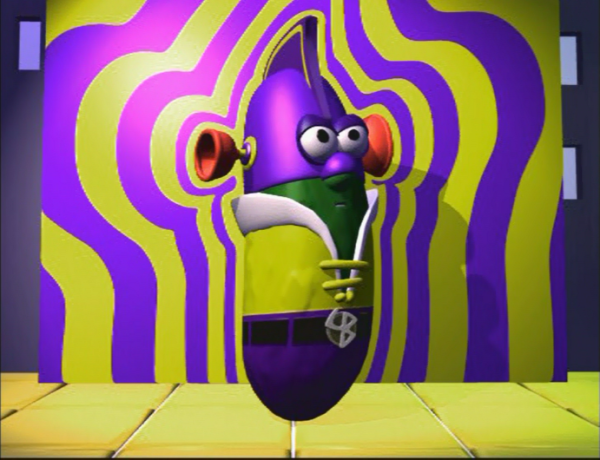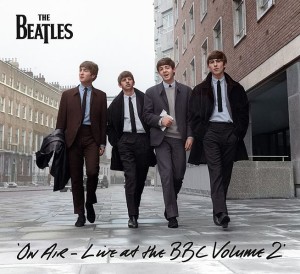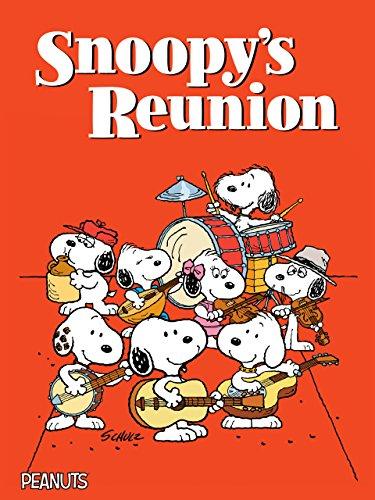Fight Club: A revisit to the movie and a deep dive on its themes
(Spoilers ahead)
With a gun shoved down his throat, our unnamed protagonist says that he still – on the verge of death – can not think of anything he would want to do before he dies. This mindset is because of society that has been built around us, said the author of “Fight Club,” Chuck Palahniuk. The 1999 movie version based on the book of the same name, directed by David Fincher, is riddled with double-entendres, metaphors, and deeper meanings.
The narrator (portrayed by Edward Norton) suffers from insomnia because he is constantly flying from state-to-state filing reports about accidents caused by faulty car systems. So, he asks his doctors what he could do to sleep because he was in “pain.” The doctor tells him to attend a seminar for men with testicular cancer if he wants to see real pain. After he attends the seminar, he sleeps better than babies do. He then becomes addicted and attends all different kinds of seminars ranging from cancer to brain parasites. Although he does not have any type of cancer or parasites, he goes, cries, and says nothing.
The narrator’s sleepful nights would not last long, though, because of a woman, Marla Singer (portrayed by Helena Bonham Carter). She, like him, attends these meetings and does not have any diseases; so the narrator confronts her and calls her out for being a faker. Then the narrator, back to not sleeping, meets a man named Tyler Durden (portrayed by Brad Pitt) on a plane. Tyler is everything the narrator is not.
Throughout the film, Tyler tells the narrator that “things we own end up owning us.” This is yet another allusion to capitalism and the society built on rationalization. This type of rationalization is not what you would expect to see in math class. It is rather a sociology term meaning a community is focused more on efficiency and dehumanizing and not individuality. For example, instead of getting steak from a small family-owned butcher, someone would pick it up from a supermarket where it is from somewhere where it was mass-produced. Also, the narrator claims that “everything is a copy of a copy of a copy.” This relates to how everything is mass-produced, and everyone works to buy these items.
The narrator, falling victim to this societal norm, thinks that he will be complete if he buys the furniture that best suits him. Like Tyler says, the narrator’s boring apartment ends up owning him. When his apartment is blown up, he thinks he lost everything and now has nothing. The narrator moves in with Tyler while Tyler is seeing Marla Singer. Fun fact, the narrator, Tyler and Marla are never seen in the same room throughout the film. Tyler tells the narrator never to ever talk about him to Marla.
Now that the narrator has nothing, he and Tyler start an underground fight club. This is a metaphor for “destroying how we see ourselves” – as Chuck Palahniuk portrayed in the book. The author got this idea for “Fight Club” when he was beaten up while camping. When Palahniuk returned to work, no one asked him how his weekend was and why he had bruises on his face. He said this was because no one really cared enough to ask or even listen to him.
At this fight club, Tyler creates rules for the club. Rules one and two are that no one is to talk about fight club. Tyler talks about how men are not men anymore and “[they] are a generation of men raised by women.” After the fight club gets big enough, Tyler starts to assign members in the club to start a fight with random citizens on the street. The narrator explains that this is difficult because most people do not want to fight.
Tyler and the narrator go to a convenience store, hold the clerk at gunpoint, and ask for his wallet. When searching through the wallet, Tyler sees an expired community college card. This is when Tyler asks the man what he went to school for. The clerk replied that he wanted to be a veterinarian, but he stopped attending because it was too expensive. Tyler tells the man that he will go back to school to be what he wants, or Tyler will be back to kill him. Although this seems extreme, he wants the man to be happy by doing what brings him joy and not what society or money tells him he needs to do.
After this, Tyler creates Project Mayhem – sending people to blow up corporate art and destroy franchise coffee shops. This is because they want to destroy capitalism and create havoc. This leads to the death of Robert Paulson, a member of Project Mayhem, the narrator’s friend from the testicular cancer support group. This is when he says they will destroy the central banks in the city. This is because if they erase everyone’s debt, the debt will go to zero and create significant chaos.
After the death of his friend, the narrator hypothesizes that Tyler is himself and that fight club and project mayhem are all his idea. To confirm this idea, he calls Marla and asks if they ever made love. She responds by saying, “yes, they had made love Tyler.”
Up until now, the narrator has never been called by a name. He realizes that he needs to stop these buildings from blowing up in the middle of the night. He heads to one of the buildings where Tyler tries to stop him, but the narrator knows he is just in his head. After the narrator fights himself/Tyler, he is taken to the top of the building when Tyler sticks the gun down his throat. The narrator takes the gun from Tyler and shoots himself in the throat, killing Tyler but leaving him alive. Soon after, Marla arrives, holding hands with the narrator and watching the buildings explode and collapse in the middle of the night.
The movie “Fight Club” is about breaking down society’s walls around us based on capitalism. The characters in the film physically fight to break through these mental walls that culture builds. Also, they fight because they need to get a break from their dull, mundane lives. Therefore, the narrator can tell what day it is based on his boss’s tie in the film. It shows how everything is repetitive and a copy of something else.
In addition, everything is a copy of a copy because our world is focused on efficiency over tradition or originality. Tyler Durden is the narrator’s id because he is more aggressive and has more primal desires, such as fighting. Where Marla is the superego, she represents all the good things about the narrator. Moreover, Tyler is only present when the narrator is asleep or half asleep. Therefore, all three of them are not seen in the same scene of the film. The director hints at this throughout the film by leaving little clues to help us understand what is happening to the narrator.
This movie would have to be my favorite because of the way it was filmed and narrated. For starters, I love movies that make you think, have a fantastic plot twist and have great dialogue. This movie has all three. I also enjoy it because of the deeper meaning behind the film and how it portrays the life of a normal person. With social media, we see more celebrities and influencers promoting their brands and wanting you to buy things.
This movie shows you how it feels to be an average person that life crowds around. In addition, because of the acting, I feel like the actors portrayed the rules perfectly. While the end might keep you guessing, it also ties a lot of loose ends up. So how does this movie sit with you? Was it deep or dumb? And if anyone asks, I did not talk about fight club.



